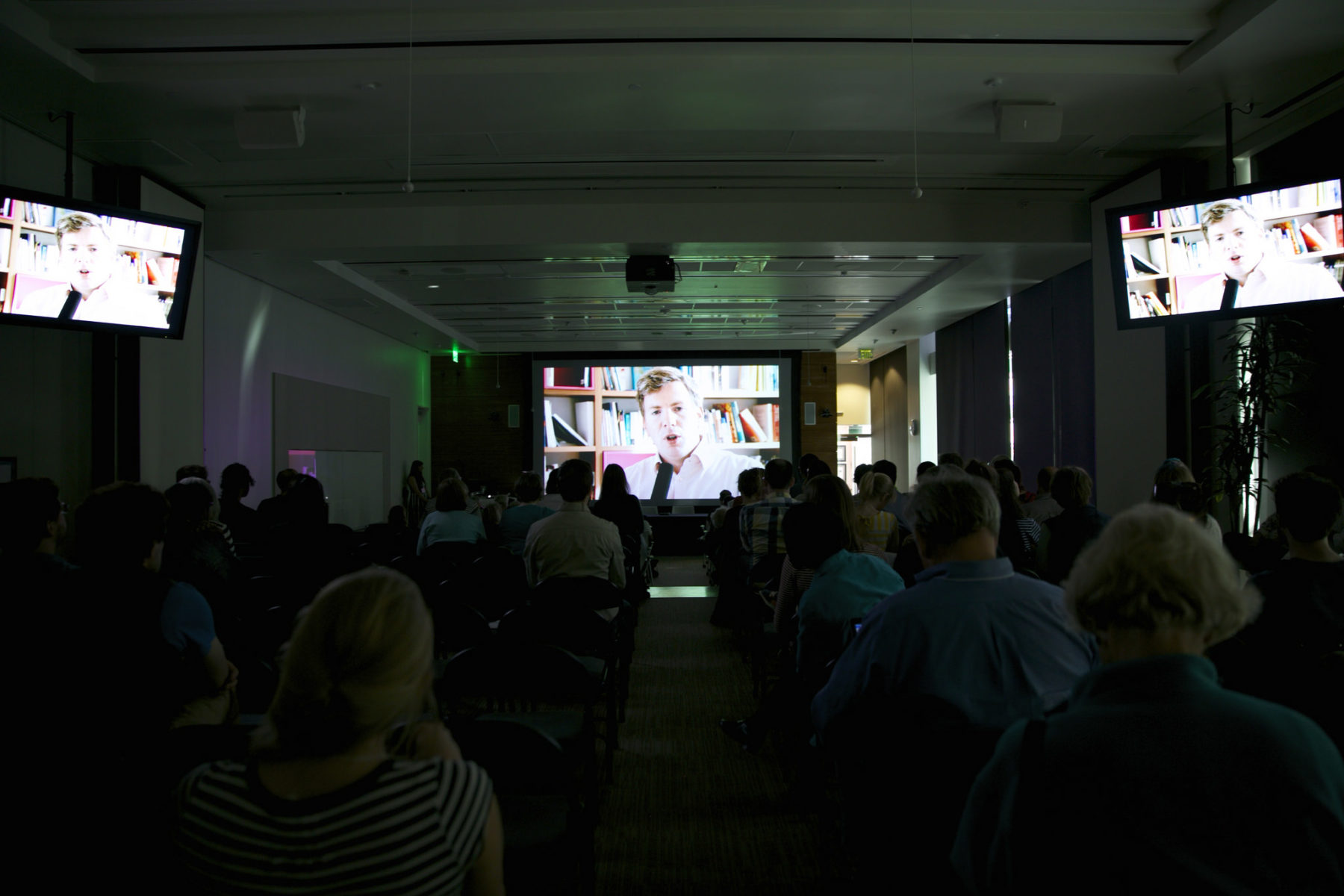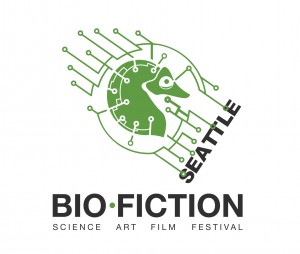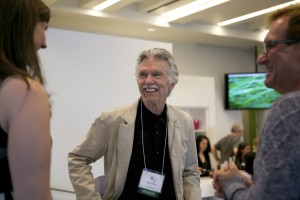Bio-Fiction Recap
 isbscience.org/news/2015/05/08/bio-fiction-recap/
isbscience.org/news/2015/05/08/bio-fiction-recap/
On May 7, ISB hosted the first-ever screening of BIO·FICTION in North America. More than 120 people attended the event, which took place as part of the South Lake Union Art Walk.

BIO·FICTION explores the emerging field of synthetic biology from different disciplinary angles including science and engineering, social science, cultural studies, amateur biology, filmmaking, art and design. The original program had presentations, panel discussions, do-it-yourself biology demos, performances, art works and, of course, film screenings. It featured short films on any aspect of synthetic biology, including documentary films, animation and science fiction. BIO·FICTION was created by Markus Schmidt and Camillo Meinhart and was held in Vienna in 2011 and again in 2014. The original BIO·FICTION film jury consisted of: Erich Berger (FI), Sebastian Harrer (DE), Jens Hauser (DK), Philippe Marlière (FR), Vitor Martins dos Santos (NL), Robert Styblo (AU), Huib de Vriend (NL) and Katherina T. Zakravsky (AU).
Currently, the BIO·FICTION program is being shared all over the world, and Institute for Systems Biology (ISB) in Seattle is the first organization to present the event in the United States.
The film selection was curated by Allison Kudla and a committee that included Aron Thompson, Sui Huang, Nick Newcombe and Nitin Baliga. More than 8 hours of films, we considered three vectors as we made our selection criteria for the films focused on synthetic biology: Is it scientifically plausible and well-researched? Does it have practical use or benefit? Does it raise interesting questions?

Actor Tom Skerritt was one of the featured panelists at BIO-FICTION film fest at Institute for Systems Biology. May 7, 2015
We also included films that were visually stunning, provocative art projects, and/or scientific visualizations of processes happening at scales beyond our operating awareness. We end the film program with the documentary “Simply Complex,” a well-made and entirely factual overview of the general state of research in genetics and health.
Dr. Lee Hood, President of ISB, moderated the panel and opened the screening with some interesting remarks on the importance of consilience across art, science and the humanities.
The panel consisted of Tom Skerritt, acclaimed American Actor and Co-founder of the Film School; Dr. Phillip Thurtle, Associate Professor in CHID and History at the University of Washington; Dr. Nitin Baliga, Professor, SVP & Director of ISB; and Dr. Allison Kudla, Interdisciplinary Artist and Designer in the Communications Department at ISB.
The panel discussed some of the interesting questions raised by the films and reflected on the complexities associated with biology at the intersections of engineering, technology and computation.
More Art Events at ISB: Taoism, Biology & Art (May 18)
As the name of the program states, the films are fiction, and while the science is largely speculative, the films help to encourage entry points for discussion on the topic of the future of biology and the role that art can play in communicating speculative futures. At ISB, we do not explicitly practice synthetic biology as it is commonly understood and reflected in the films. Nonetheless, we are pioneers of a novel interdisciplinary approach to life sciences that unites biology with engineering, computer science and technology to benefit mankind and our planet in novel ways. Therefore, ISB’s multi-faceted culture of creativity promotes discussion and provokes thought on complex topics of our life, in some ways not unlike what these films seek to achieve through the arts.





